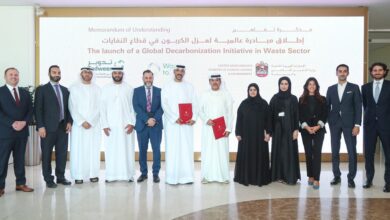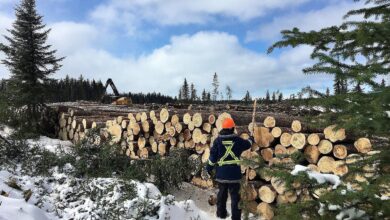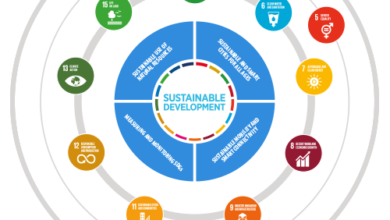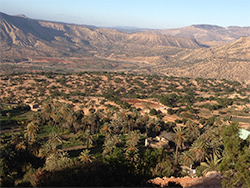British Geological Survey to help deliver UN ICE-SRM
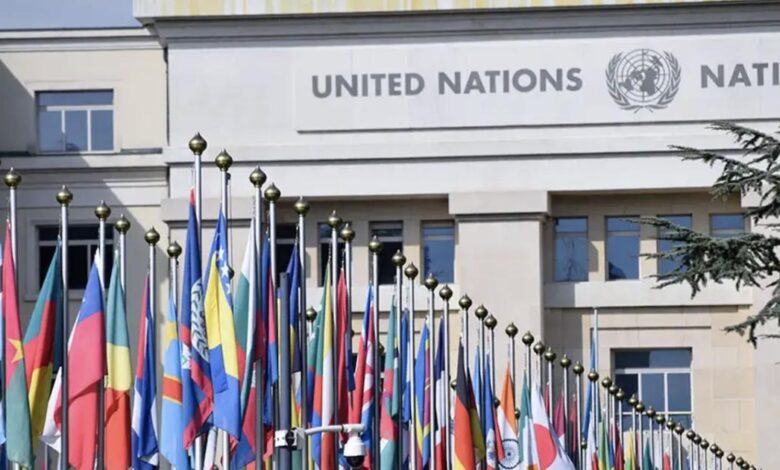
BGS to help provide policy support, technical advice, education, training and other critical activities
THE British Geological Survey (BGS) has been announced as part of a consortium approved by the United Nations (UN) to deliver its International Centres of Excellence on Sustainable Resource Management.
The new UN International Centres of Excellence on Sustainable Resource Management (ICE-SRM) will focus on supporting sustainable management of the resources needed for development, in line with the 2030 Agenda for Sustainable Development.
As part of this initiative, BGS and five other partners will help to provide policy support, technical advice, education, training, and other critical activities for stakeholders involved in the sustainable development of primary raw materials.
Each centre, within its activity footprint, will identify opportunities and navigate barriers to adopt the UN Framework Classification for Resources (UNFC) and the UN Resource Management System (UNRMS), as well as showcasing best practices and sharing results within the ICE-SRM network.
This will be achieved by developing the scientific and socio-economic understanding for both production and reducing the use of primary raw materials, as well as designing and implementing the products, processes, policies, and systems required for the transition to a circular economy.
The activities and projects of an ICE-SRM will include:
-
capacity building, to ensure other relevant organizations have the skills required to implement sustainable resource management practices through UNFC and UNRMS
-
contribution to further development and maintenance of UNFC and UNRMS
-
advocacy for the adoption of sustainable resource-management practices
-
outreach via workshops, training, and promotion of outputs to share best practice.
BGS minerals geoscientist Tom Bide said: ‘This is an exciting opportunity to showcase BGS’s excellent research into the responsible use of mineral resources. By collaborating with experts from academia and the UN, this centre can translate scientific excellence into tangible policy goals for more sustainable use of raw materials.’
